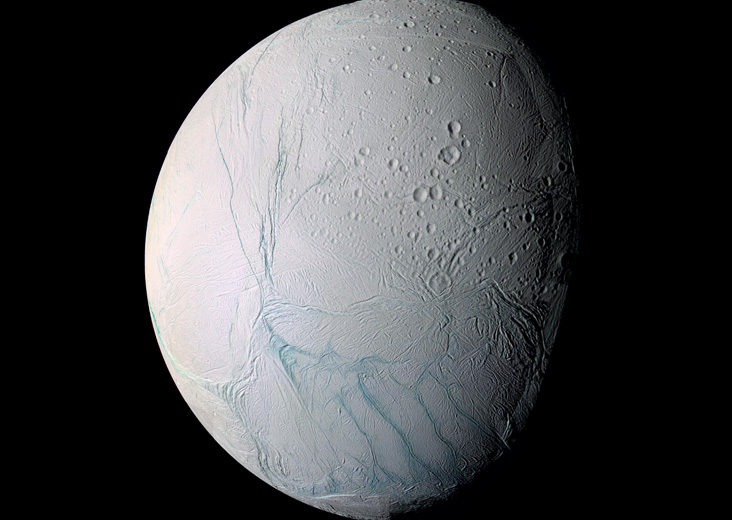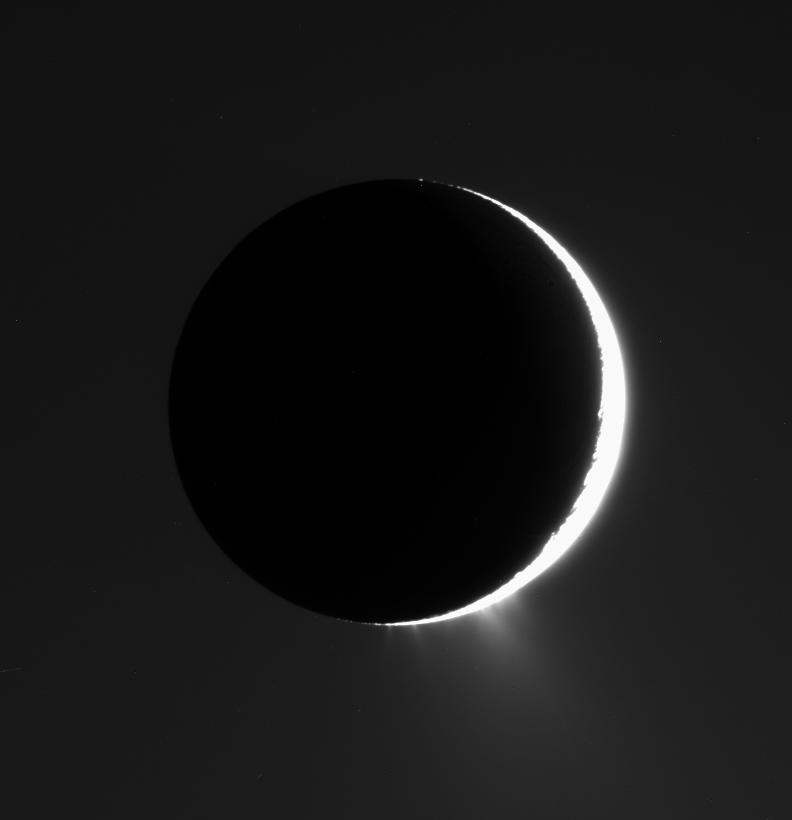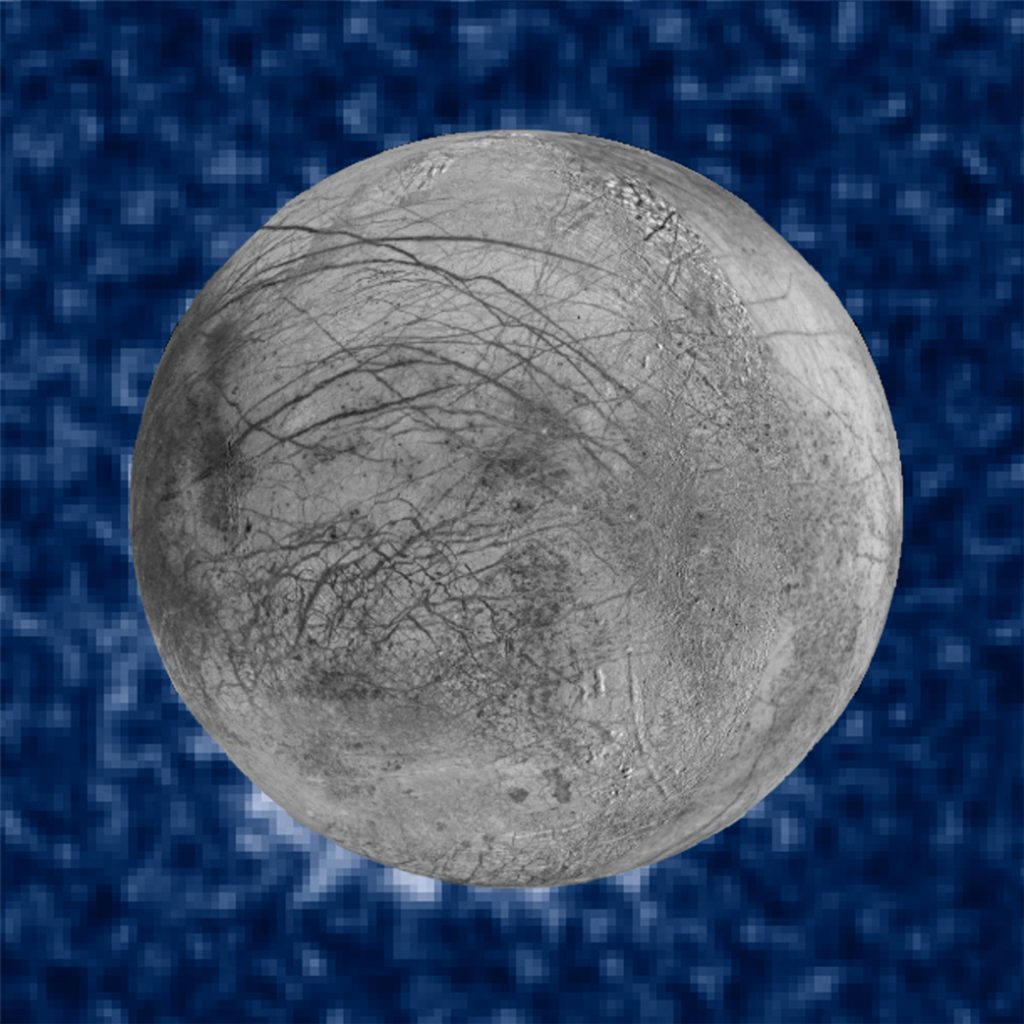How the ice moon Enceladus got its tiger stripes
Saturn’s ice moon, Enceladus, is one of the most promising worlds in terms of the search for places where extraterrestrial life might exist. Of course, as a reader of the Ice Moon series, you’ve already known that for a long time. Near its south pole there are deep fissures in its crust, through which water is constantly being forced outward. This allows researchers to look under the ice, which is up to 100 kilometers thick, without having to drill through it. A new study tries to explain the unusual appearance of these sulci, which are also called “tiger stripes.”…


